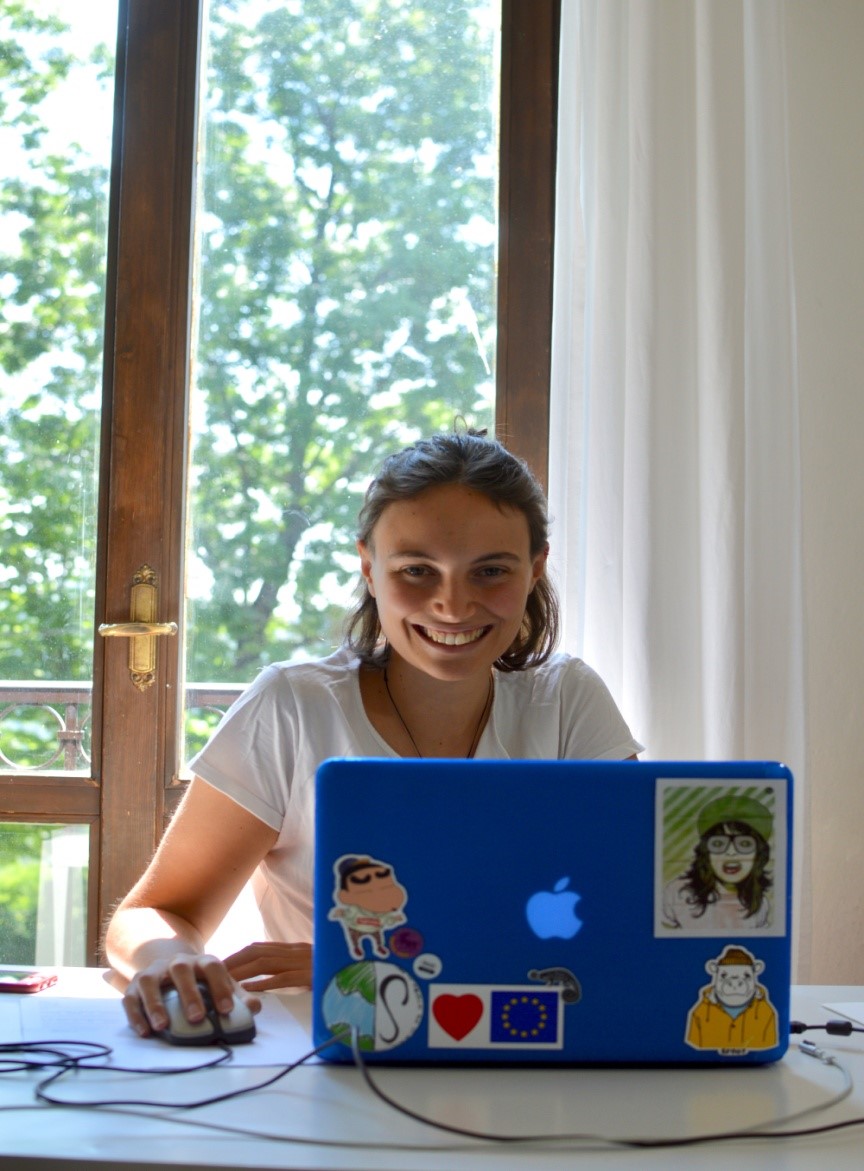Interview
Project “YOUth Ambassadors of Non-Formal Learning”
Organization: United Societies of Balkans
Country: Greece
Interviewer: Vasilis Tsalos
Interviewee: Daniela Faccioli, youth worker
Date and location: Thessaloniki, 25/05/2020
Duration: 30 minutes
List of questions for the Interview:
- Is the law defining NFE in your country? If yes, please describe what the law says.
According to the Greek Legislation (law 3879/2010) no formal education includes:
- Initial Vocational Training
- Continuing Vocational Training
- General Adult Education
- The Apprenticeship Class, which is a fourth year after graduating from the vocational upper secondary school (EPAL).
- (https://eacea.ec.europa.eu/national-policies/eurydice/content/validation-non-formal-and-informal-learning-32_en).
- Please describe the existing strategies, action plans that define nonformal learning in your country?
In Greece there is no comprehensive national framework for recognizing no formal-education and tools to validate it have not been developed yet. Therefore, people have not the right to see their leaning process assessed with a legal documentation.
Also, the definition of no-formal education in Greece is different from the definition provided by the 2012 Council Recommendation and compared to other countries.
However, the National Organisation for the Certification of Qualifications and Vocational Guidance (EOPPEP) (law 4115/2013) has developed certification to recognize the skills and knowledge of professionals educators and training staff.
- Have you been involved in the development of a strategy / action plan / law in excess of the NFE issues?
Yes, working as youth worker and project management in a big youth organization in Greece, we have been involved in several Erasmus project KA2 and KA3 collaborating with Municipality, Schools, and other institutions to bring good practices and promote NFE in the regular education system.
- Do you work on promoting NFE and how?
Through the organization we use NFE and promote it in each project we are involved in through both online (social media, official website, publishing online toolkit and manuals, creating promotional videos) and offline channels (multiplying good practices at the local level while providing seminars, workshops, info-days or organizing activities with young people, members of local NGOs, students and volunteers).
- For your institution/CSO how young people recognize NFE?
Many young people react positively to no formal education methodology, since it gives different prospective to leaning and often it cover topic basic on their interests and needs. Also, for young people is relevant to experiment team-working activity, learning by doing, acting, gaming and interacting with peers. Indeed, they acquire social skills which are necessary in the job market and are not explored in the regular learning method.
- What are you doing about NFE in term to make closeness with youth?
We try to combine NFE activity with different tools which are more attractive for young people such as the use of social media and internet, the use of the smartphone and other devices easily accessible; the education through sport and games; express creativity with art and theatre. Also, we are keeping researching and be informed about young people needs and renovating our practices and activities to provide young people with the necessary skills and knowledge to be active citizens and enter in the job market.
- Have you involved young people in the process of bringing about things that are relevant to non-formal education?
Yes, we organize info-days, surveys or roundtables to meet young people and discuss with them different topics and collect their opinions. In this way, we are informed about the issues concerning youngsters, and the methods always profitable to develop projects and programs with innovative and current NFE activities to implement with young people
- Should the Government get involved and make an even bigger contribution when it we are speaking about youth and policies about youth?
Of course the government should put more efforts in providing policies to support youngster’s education and training. One step could be the development of legal documents which can assess the NFE and experience young people do outside the regular education system as an added value of their competencies and skills.







